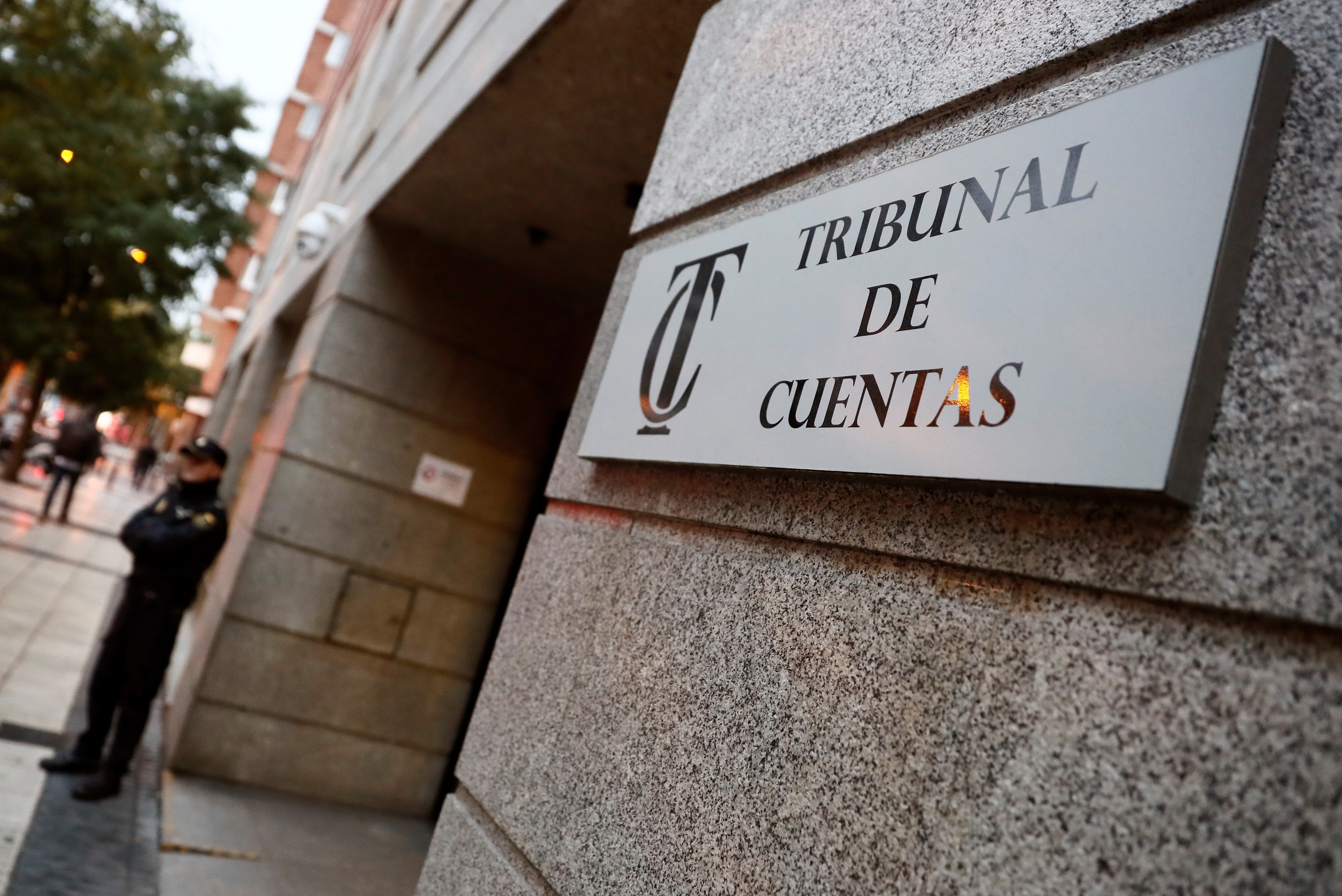It has taken two months, but finally there is a response from the Spanish state solicitors in the case of the million-euro sums which the Court of Accounts demanded as bail from former Catalan ministers and officials for alleged foreign promotion of the independence process. And it is a response which is a non-response: on the Catalan government's decision to guarantee the funds using its own public financial institution, the Catalan Institute of Finance (ICF), the Spanish government's legal representatives have decided it is inappropriate for them to issue any report to the Court of Accounts over the matter.
This decision comes after the Court of Accounts - Spain's public auditing tribunal - requested the legal opinion on whether or not it was legal for the ICF to guarantee the bail sums of 5.4 million euros demanded of 34 former senior officials of the Catalan government. Now the ball is back in the original "Court".
To justify its decision not to issue a report, the solicitors - who depend on the Spanish ministry of justice - argue that they cannot issue an opinion because their office "has the status of a party in the phase of preliminary actions, which this report would incorporate". Thus, the Spanish government's legal services point out that "these preliminary actions, which aim to prepare the activity of prosecution that the Court of Accounts has to carry out, even if they are of administrative and non-jurisdictional nature, the principles of impartiality and objectivity must be observed, as well as the principles of contradiction and equality between the parties that must necessarily be respected in administrative procedures and actions".
In this way, the solicitors continue, "the request for a report to be prepared by one of the parties on issues that directly affect the interests of the rest may suggest a predisposition to follow the criteria of that party". The principles of contradiction and equality "would also be affected" by requiring a report by only one of the parties involved without hearing anything from the rest."
However, as a conclusion, the state solicitors indicate that the decision on the matter must be made in accordance with the decree of the Catalan Government that created the guarantees fund. In this regard, they recalled that this decree has not been declared unconstitutional nor has it been suspended as an interim measure.
In July this year, the investigating delegate of the case, Esperanza García, expressed her doubts about the "sufficiency and legality" of the guarantee operation by the Catalan Institute of Finance and asked for a report from Rafael García Monteys, the state solicitors' representative before the Court of Accounts. He, however, decided to recuse himself and sent the question upwards to the state solicitors' office, which has now ruled.
The Catalan government decree on the matter remains in force, although the public prosecutors have begun their own investigation, citing several members of the ICF who participated in the meeting where it was decided to provide the funding guarantee for the 34 people accused by the Court of Accounts.
Endorsement from Catalan body
Before the summer, the Catalan Parliament's Council of Statutory Guarantees (CGE) had already unanimously backed the decree put together by finance minister Jaume Giró, despite pointing out some "recommendations" of a technical nature. The body considered that the Catalan government is "empowered to create an instrument for the protection of its public servants", as this fund does, and that it therefore did not violate either Catalonia's Statute of Autonomy or the Spanish Constitution.

